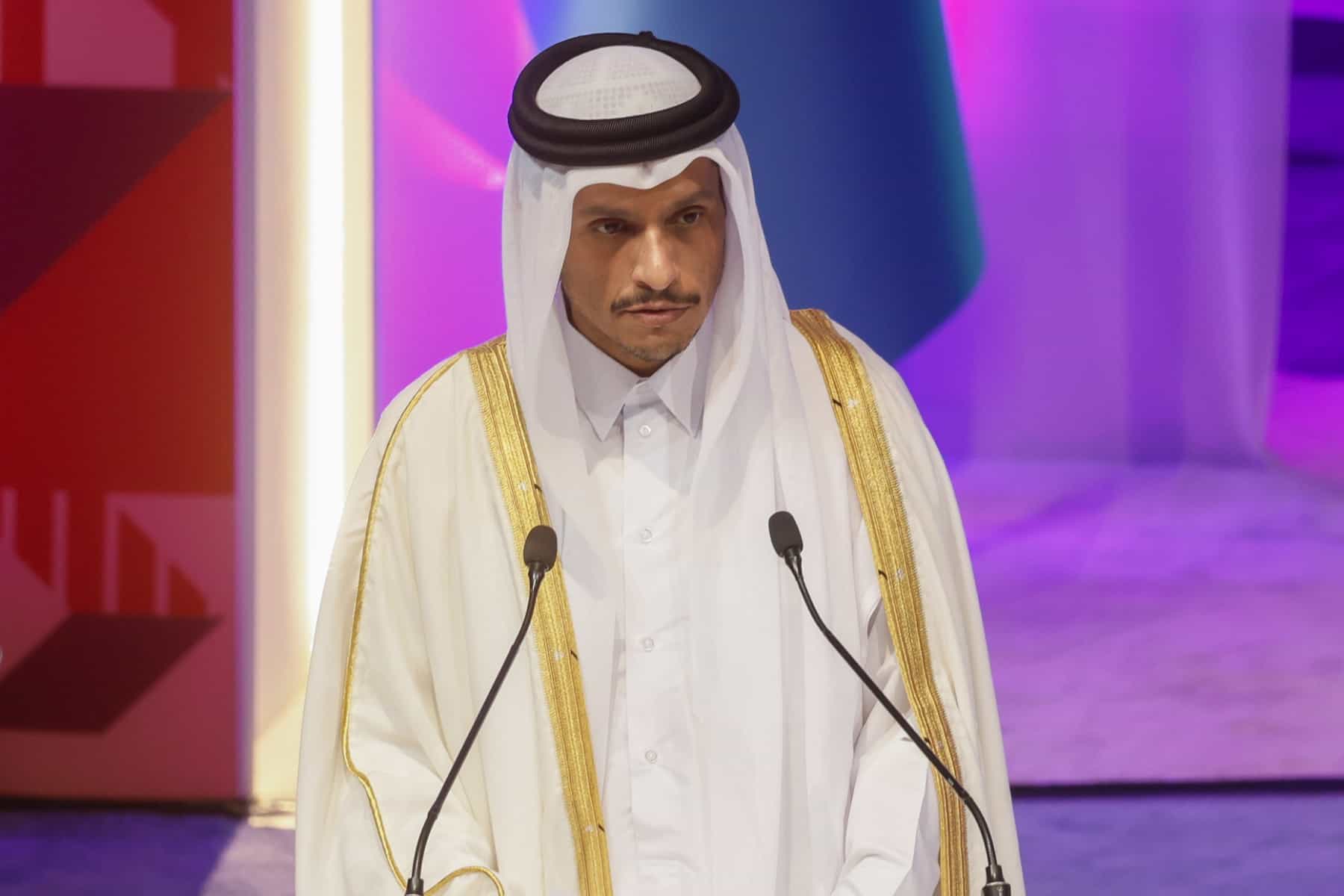Doha, Qatar – Qatar emir’s naming of his foreign minister as new prime minister is likely to have a major impact on the country’s regional and global policies. According to regional analysts, the move that follows the country’s successful hosting of soccer’s 2022 World Cup and its rapproachment with regional rivals is geared to build on the Gulf state’s growing geopolitical profile.
New premier Sheikh Mohammed Bin Abdulrahman al-Thani succeeds Sheikh Khalid bin Khalifa bin Abdul Aziz Al Thani who was appointed PM in January 2020.
Emir Sheikh Tamim bin Hamad al-Thani’s office also announced a cabinet reshuffle that reappointed the finance and energy ministers of the wealthy country that is a major gas producer.
Sheikh Mohammad, a seasoned diplomat, has successfully helped Qatar navigate its diplomatic challenges, including the 2017 boycott of the gas-rich country by Saudi Arabia, the United Arab Emirates, Bahrain and Egypt which cut trade and travel ties, accusing Doha of supporting hardline Islamist groups. The boycott ended in January 2021.
As foreign minister, Sheikh Mohammed has played an important role in discussions between Qatar and European countries about the supply of liquefied natural gas after Russia’s invasion of Ukraine disrupted energy markets..
“Foreign policy and presence on the international scene is still a priority for Qatar and having an active foreign minister, who worked in a very crucial and critical time, as prime minister is a clear message,” said Mahjoob Zweiri, director of the Gulf Studies Center at Qatar University, quoted by Reuters..
Sheikh Mohammed will continue to hold the Minister of Foreign Affairs role, the royal court said in a statement.
He will, however, step down as chairman of the Qatar Investment Authority, the country’s $450 billion sovereign wealth fund, to be replaced by Central Bank Governor Sheikh Bandar bin Mohammed bin Saud Al Thani.
At 42, the new prime minister, an economist, is the same age as the emir.
He is taking over at a time when Qatar’s economy is booming. According to data from Qatar’s ministry of finance, the country has posted a surplus of $24.4 billion in its 2022 budget, nearly a 55-fold surge from the 2021 figure of $439.4 million. During the fourth quarter of the year alone, the budget recorded a surplus of $3.2 billion. Qatar’s revenues in the quarter amounted to $17.9 billion.
In October 2021, Qatar held its first legislative council election for two-thirds of the advisory Shura Council.
The Shura Council has legislative authority and approves general state policies and the budget but has no say in the setting of defence, internal security, economic and investment policy for the small but wealthy gas producer, which bans political parties.








